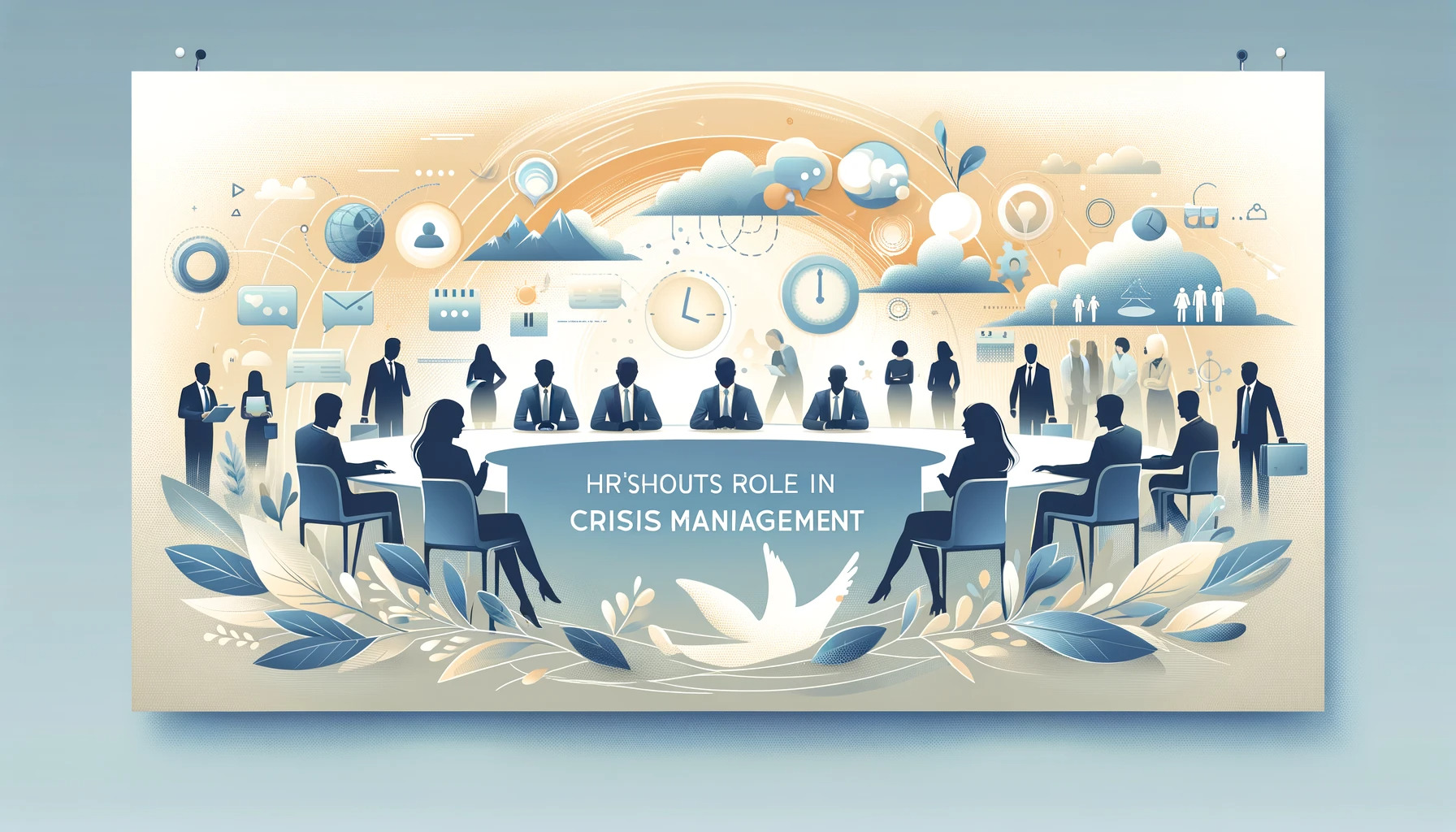In today’s dynamic business environment, being prepared for crises is not just advisable; it’s essential. Human Resources (HR) is pivotal in crisis management, equipping organizations to handle unexpected challenges effectively. This article explores HR’s Role in Crisis Management and how HR can lead the charge in preparing and responding to various crises.
Understanding the Scope of HR in Crisis Management
Crisis management in HR encompasses a range of activities, from preemptive planning to active response and post-crisis recovery. HR professionals must be equipped to deal with emergencies, whether natural disasters, workplace incidents, or public relations crises.
Key Responsibilities:
- Risk Assessment: Identifying potential crises and assessing their impact on the workforce and company operations.
- Emergency Preparedness: Developing and implementing emergency protocols and procedures.
- Communication Strategy: Ensuring clear and effective communication during a crisis.
Developing a Crisis Management Plan
A comprehensive crisis management plan is the cornerstone of effective crisis response. This plan should cover:
- Employee Safety and Well-being: Procedures to ensure employee safety during a crisis.
- Business Continuity: Strategies to maintain essential operations under adverse conditions.
- Stakeholder Communication: A plan for communicating with employees, customers, and other stakeholders during and after a crisis.
Incorporating Technology:
Leveraging technology like emergency notification systems or crisis management software can enhance the effectiveness of your crisis response.
Training and Preparedness
Regular training and preparedness drills are crucial. HR should conduct:
- Crisis Simulation Exercises: To test and improve the crisis response plan.
- Employee Training Sessions: Focused on safety procedures, communication protocols, and role-specific responsibilities during a crisis.
The Role of HR During a Crisis
When a crisis strikes, HR must take an active role in:
- Coordinating Response Efforts: Working with management and emergency personnel.
- Providing Support to Employees: Offering counselling, support services, or assistance as needed.
- Maintaining Clear Communication: Keeping everyone informed about developments and next steps.
Post-Crisis Evaluation and Recovery
After a crisis, HR should:
- Conduct a Debriefing: Analyzing what worked and what needs improvement.
- Support Recovery: Helping employees and the organization recover and return to normal operations.
- Update Crisis Management Plan: Using lessons learned to strengthen future responses.
In the context of crisis management, tools like Day Off play a crucial role in ensuring seamless communication and operational continuity. This innovative SAAS tool simplifies the process of managing employee absences, which becomes particularly vital during a crisis. Whether it’s tracking who is available or quickly reallocating resources, Day Off App provides HR professionals with real-time insights and the agility needed to respond effectively. Its user-friendly interface and robust features make it an indispensable asset for HR departments, especially in times of uncertainty. By leveraging Day Off, organizations can maintain a clear overview of staffing levels and ensure that even during a crisis, essential functions are upheld with minimal disruption.
Conclusion
HR’s role in crisis management is critical. By preparing for the unexpected, HR professionals can safeguard their workforce, ensure business continuity, and build organisational resilience. In the face of adversity, a well-prepared HR department is not just a resource; it’s a beacon of stability and strength.
